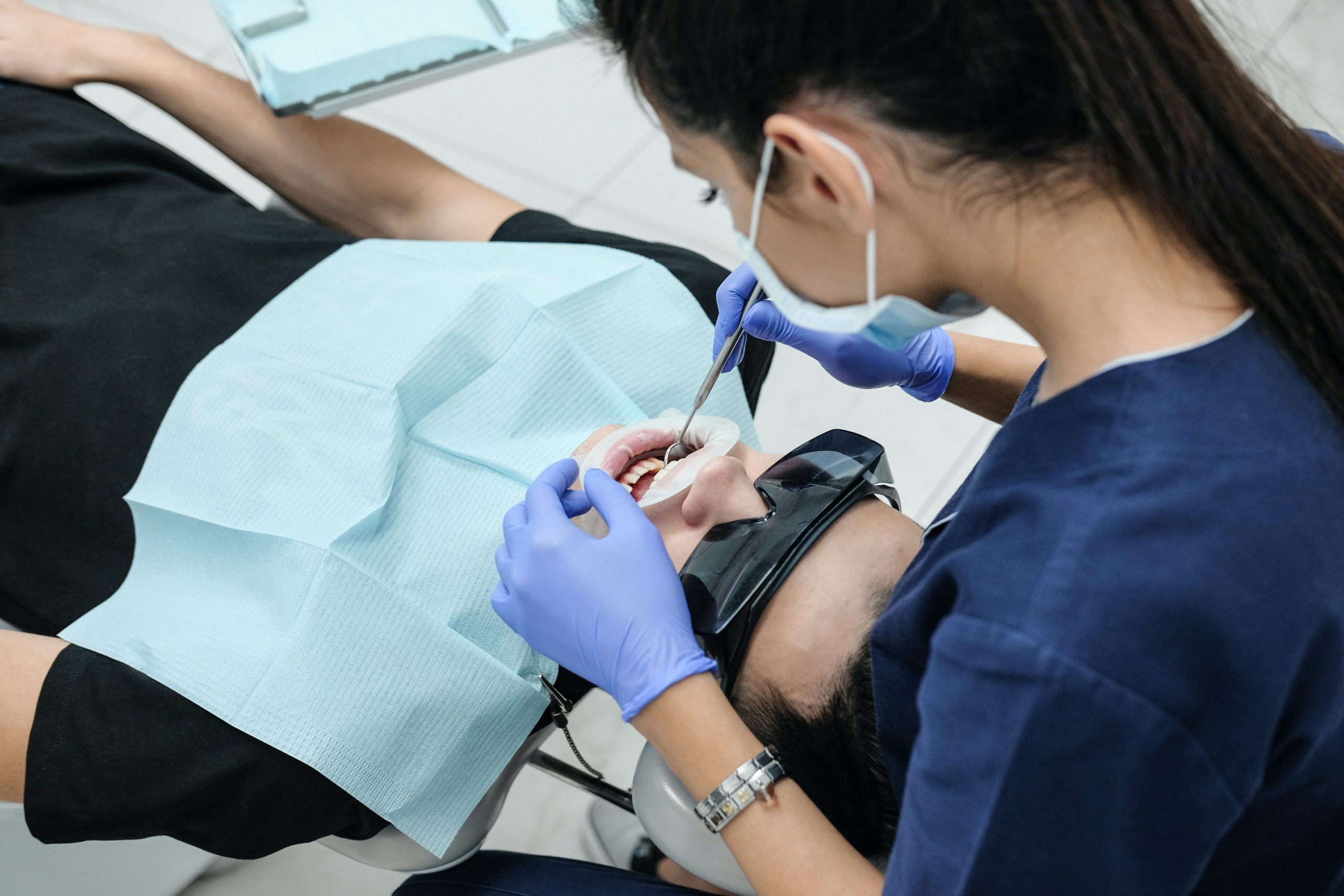One of the most perplexing things about Covid-19 is how greatly disease outcome and severity vary across different individuals.
With each passing day, scientists all around the world are learning more about the virus and discovering some of the most effective ways to control spread and manage infection.
Given that vaccine roll out remains relatively slow for most countries around the world, preventative measures and practices have been, and remain to be vital in the battle against this pandemic. This of course includes the wearing of masks, adhering to social distancing guidelines and practicing proper hand hygiene.
However, there are other, perhaps less obvious ways to take care of your body and strengthen your immune system that would then, in turn, reduce your risk of severe infection. One of these ways is through taking care of your oral health.
💉 Could the fear of needles be an overlooked cause of vaccine hesitancy?
The vaccination campaign in Qatar has been expanding weekly, with more people open to getting vaccinated to fasten the return to normality#vaccine #coronavirus #covid19https://t.co/EW6prSdFxv
— Doha News (@dohanews) May 15, 2021
Periodontitis is a clinical term used to refer to the infection caused by an accumulation of bacteria between the gums and teeth. If left untreated, this infection can cause painful abscesses, loosening of the teeth, and can even eat away at the jawbone. It acts as a risk factor for both oral and systematic diseases as the inflammation can spread throughout the body.
Signs and symptoms of periodontitis can include swollen, tender gums, gums that bleed easily, bad breath, painful chewing, receding gums, loosening or complete loss of teeth, and the presence of pus between your teeth and gums.
Periodontitis has previously been linked to chronic non-communicable diseases such as heart disease, diabetes and respiratory disease. In addition, pregnant women with periodontitis are at a higher risk for complications such as preeclampsia and low fetal birth rate.
A study recently published in the Journal of Clinical Periodontology, conducted by researchers from Qatar University, Hamad Medical Corporation and McGill University in Canada has provided strong evidence for a strong link between periodontitis and severe Covid-19 symptoms.
This cross-sectional study that analysed the health and dental records of 568 patients from Hamad Medical Corporation, found that the biomarkers that indicated inflammation were present at significantly higher levels in the blood of Covid-19 patients who had also been diagnosed with periodontitis.
Read also: Debunking common myths on skin cancer
The study also showed that people with periodontitis were 3.5 times more likely to require hospitalisation when infected with Covid-19, and 4.5 times more likely to need assisted ventilation.
Given that periodontitis occurs mostly as a result of poor oral hygiene, the outcomes of this study emphasise the importance of taking care of our dental health and scheduling regular checkups with the dentist.
In order to reduce or prevent the onset of periodontitis, dentists recommend to:
- Make sure to brush your teeth twice daily for at least two minutes each time, with toothpaste that contains fluoride.
- Reduce consumption of foods that are high in sugar.
- Floss daily.
- Avoid smoking or chewing tobacco.
- Schedule scaling and polishing appointments with your provider every six months.
- Consult with your dentist if you experience any symptoms. Depending on your case, your dentist may recommend that you schedule professional cleaning. If you have risk factors that make you more susceptible to periodontitis, or if you have had a history of periodontitis in the past, you may need professional cleaning more often, usually every three months.
Maha El Akoum, MPH, is a public health professional currently working as Head of Content at World Innovation Summit for Health [WISH].
Follow Doha News on Twitter, Instagram, Facebook and Youtube







